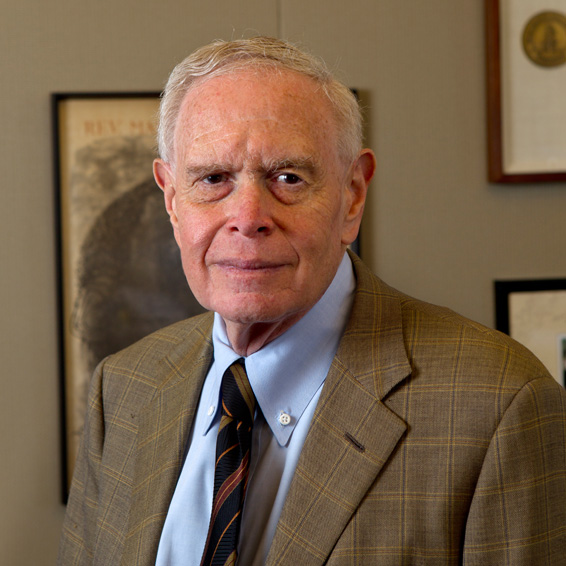Law and Public Policy
JD/MPP
Across the United States and around the world, law is a major instrument of public policy. With a focus on domestic policy issues (including but not limited to the United States), Stanford’s JD/MPP program provides training in essential skills for lawyers interested in shaping public policy, either as advocates for public or private clients or as elected or appointed public officials.
Stanford’s interdisciplinary, experience-based JD/MPP program reflects the way policymakers and lawyers work in the world today. Designed collaboratively by faculty members from across the Stanford campus, the program blends studies designed to build policy analysis skills—such as economics, statistics, research design, and data analysis—with coursework in the student’s area of special interest—for example, health policy, environmental policy, or science and technology policy.
A distinctive feature of the program is the opportunity to integrate law and public policy coursework, providing a better understanding of how lawyers can use policy analytic tools to represent public and private sector clients and how policy is constrained and enabled by law. A practicum in which student teams apply their legal and policy analytic skills to a real policy problem caps the JD/MPP curriculum.
Course Requirements
The JD/MPP program requires a year of public policy core courses, including research design and analysis, cognitive psychology, applied economics, organizational behavior, philosophy, and political science, which JD students normally take after their first year of law school (Students may also elect to begin the MPP program after their 2L year.)
Instructors in the MPP core curriculum assume that students are familiar with calculus, intermediate undergraduate economics, and introductory statistics and probability. Ideally, student preparation will equal or exceed the material currently covered at Stanford in Math 20 (Calculus) and Econ 1 (Principles of Economics). Students who need a refresher course in math, economics, and statistics may take part in an MPP “boot camp,” held in September.
After completing core courses, JD students take a mix of law and public policy courses, including at least three courses in a policy area of the students choice, as well as law school electives such as Administrative Law and Negotiating Public Policy Disputes that satisfy MPP requirements. Students design their policy concentrations in consultation with a law faculty advisor.
The two-year MPP curriculum overlaps substantially with the curriculum of the law school. Joint degree students are awarded credit in each program for coursework that would otherwise be duplicative, up to a maximum of 45 of the 90 units required for the MPP.
Students concentrate in policy studies within the subject matter of their primary degree programs. Joint MPP degrees typically add about one year to the total program of each student. The JD/MPP requires a total of 90 units of approved policy studies, of which a minimum of 45 units is not creditable to the JD degree. Program plans must be created and approved by a designated faculty advisor.
JD/MA
Students who would like to acquire the core public policy analytic skills may pursue the 3 year JD/MA joint degree program. JD/MA candidates take the first year public policy courses (some of which may be counted as well towards their JD degree) and subsequently complete a policy analysis thesis under the direction of a law school faculty member.
Note to applicants: The Knight-Hennessy Scholars program awards full funding to Stanford graduate students from all disciplines, with additional opportunities for leadership training and collaboration across fields. Joint Degree applicants are encouraged to apply to the Knight–Hennessy Scholars Program. Please be aware that the Knight-Hennessy Scholars applications are due in early Autumn one year prior to enrollment. View dates and deadlines: knight-hennessy.stanford.edu/dates-and-deadlines.

SLS Guide to Courses in Public Policy and Social Problem Solving
Are you interested in a law and policy career solving social problems? This handy guide will help you navigate the many relevant courses within and outside the law school.
View Guide







